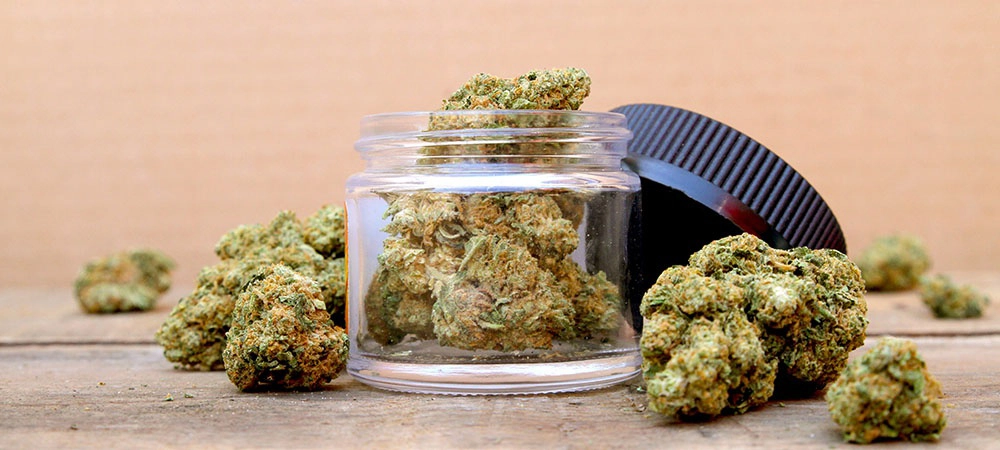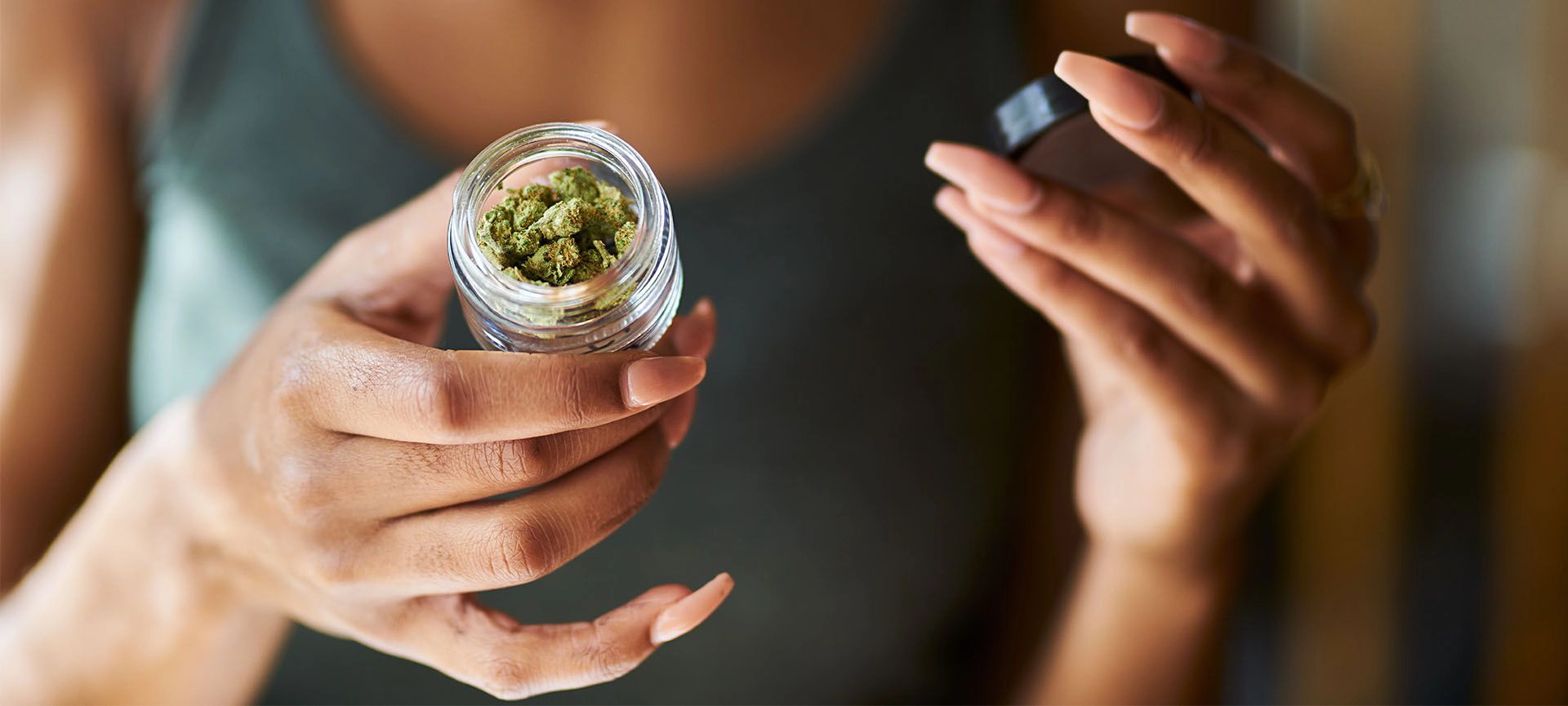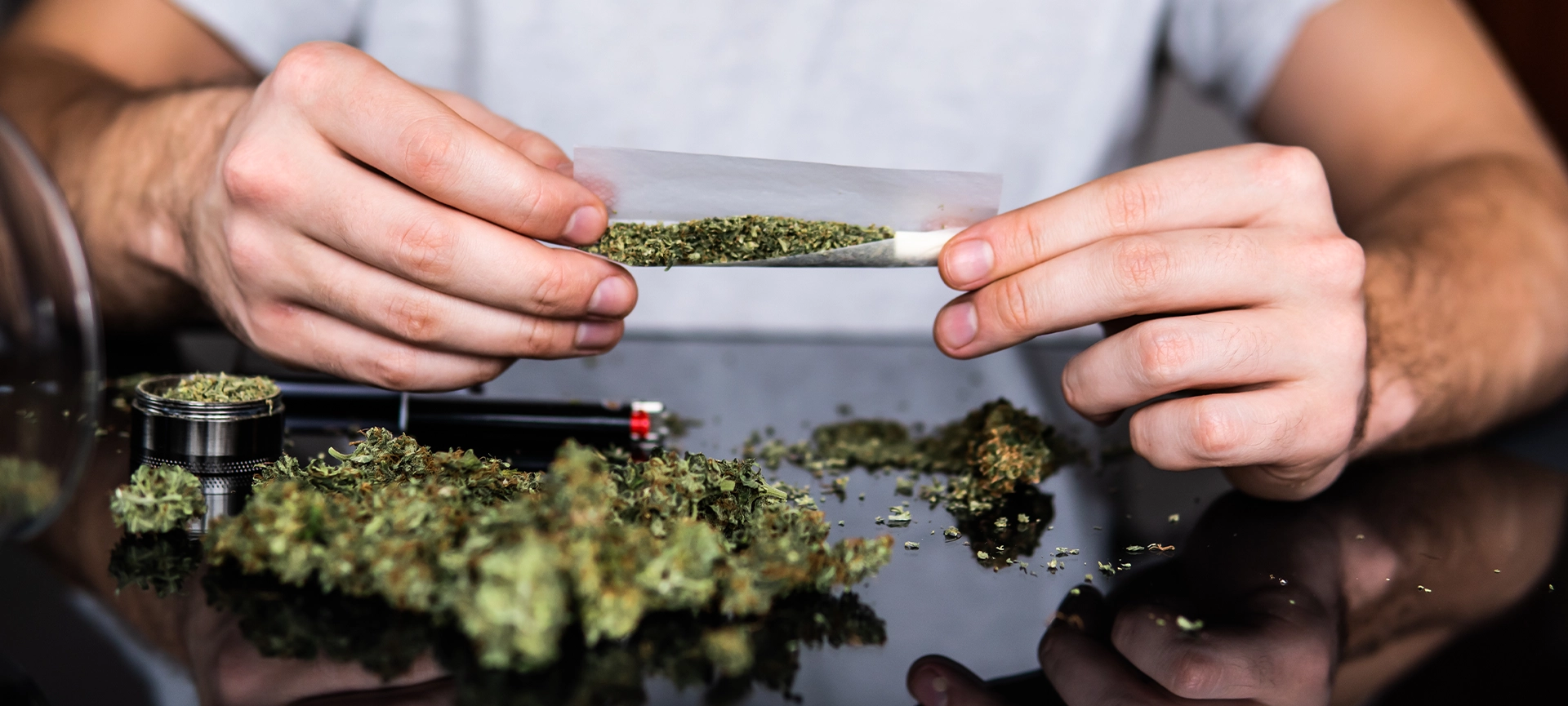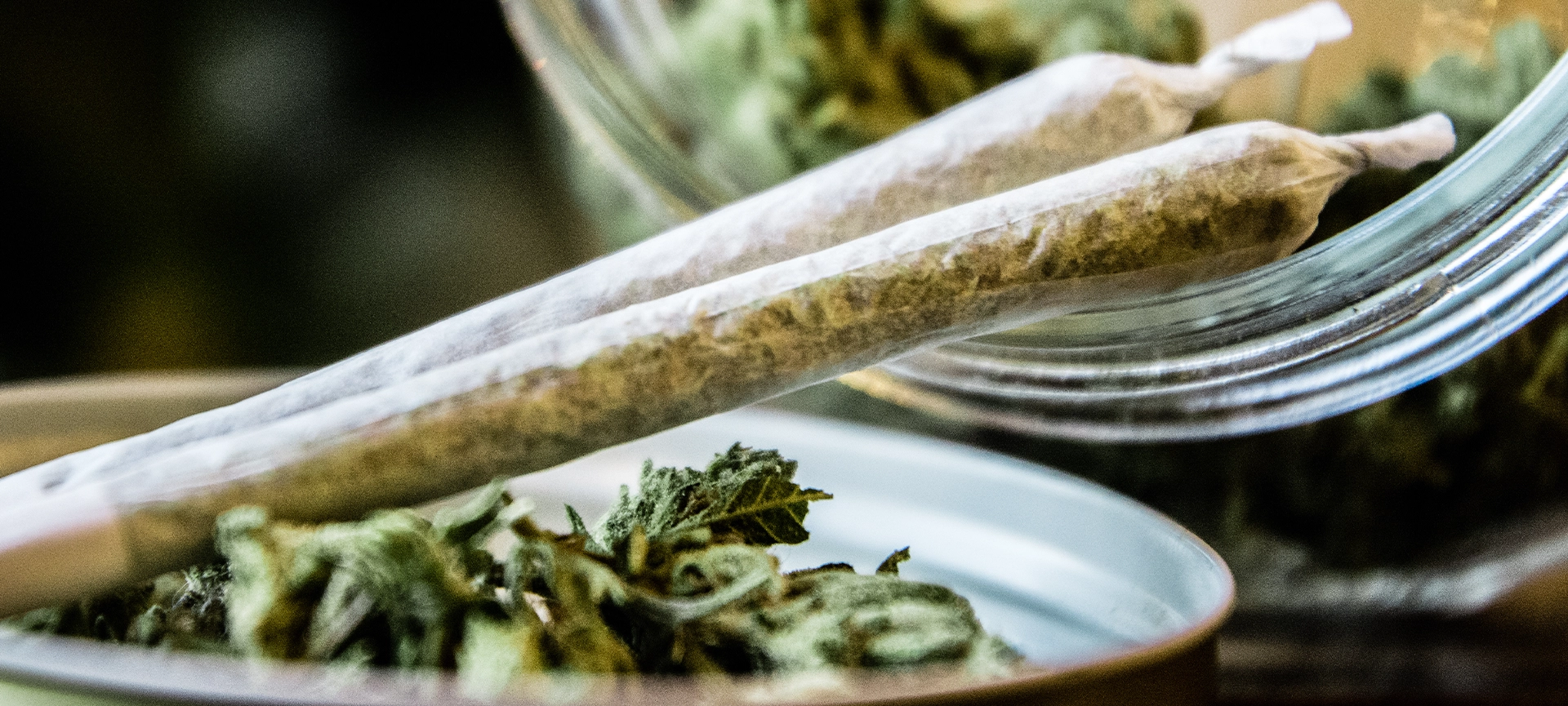As with other addictive substances, heavy or prolonged marijuana use can increase a person’s risk of withdrawal when stopping. While detox from weed isn’t as dangerous as that from harder drugs like cocaine or heroin, many users still face withdrawal symptoms when trying to quit. Some people have compared marijuana withdrawal to the experience of quitting caffeine: feeling edgy, irritable, or otherwise “off,” with occasional headaches and nausea.
The symptoms of withdrawal from marijuana from one person to the next. Some people with mild marijuana dependencies are able to stop on their own. However, chronic users who have built up a tolerance might need more help kicking their habit. Ultimately, it depends on the individual, the frequency, and the strain/potency of the marijuana they’re consuming.
What is Marijuana?
Marijuana is also called weed, herb, pot, grass, bud, ganja, Mary Jane, and a vast number of other slang terms. It is a greenish-grey mixture of the dried flowers of the cannabis plant, of which there are hundreds of strains. Some people smoke marijuana in hand-rolled cigarettes called joints, in pipes, water pipes (sometimes called bongs), or in blunts (marijuana rolled in cigar wraps). Marijuana can be used to brew tea and, particularly when it is sold or consumed for medicinal purposes, is frequently mixed into edibles such as brownies, cookies, or candies. It can also be put into concentrated liquid form and consumed as droplets under the tongue.
The main psychoactive chemical in marijuana, responsible for most of the intoxicating effects that people seek, is delta-9-tetrahydrocannabinol (THC). The chemical is found in resin produced by the leaves and buds primarily of the female cannabis plant. The plant also contains more than 500 other chemicals, including more than 100 compounds that are chemically related to THC, called cannabinoids.

Do You Need to Detox from Weed?
Withdrawal from marijuana can be uncomfortable, especially for chronic users. A medically supervised detox is especially recommended for those who have co-occurring disorders, like a mental health condition or an addiction to other drugs. In particular, dependencies on other substances such as benzodiazepines or alcohol can exacerbate the symptoms a person experiences during marijuana withdrawal.
Other reasons for choosing a detox program include the following:
- Many people use marijuana to self-medicate a mental health problem. Medical detox sets the groundwork for treating marijuana addiction alongside an underlying co-occurring disorder.
- Some habits die hard, and marijuana is no exception. The uncomfortable withdrawal symptoms associated with marijuana can make it difficult to quit without the help of medical professionals.
- If your living situation encourages substance use, overcoming your marijuana addiction might feel impossible. Sobering up in a detox program can provide a safe and comforting home away from home.
Fortunately, there are numerous inpatient and outpatient addiction treatment centres that offer in-house detox from weed services.
Marijuana Withdrawal Symptoms
Symptoms of withdrawing from marijuana vary according to an individual’s level of dependency. For example, a person with a mild dependence on marijuana may experience minor physical and psychological discomfort, such as headaches or restlessness.
On the other hand, those with severe forms of marijuana addiction may endure more intense withdrawal symptoms, including sweating, fever, chills, and hallucinations. In general, the longer the individual has used marijuana, the more severe their symptoms will be. In most cases, marijuana withdrawal symptoms will largely subside within 2-3 weeks.
The most common symptoms include:
- Anxiety
- Depression
- Agitation
- Irritability
- Headaches
- Restlessness
- Stomach pains
- Appetite loss/weight loss
- Nausea
- Insomnia or fatigue
Some of these side effects may exacerbate each other; for instance, anxiety may contribute to depression. Appetite loss might result in irritability as one struggles to eat, and restlessness and sleeplessness may cause increased agitation.

Detox Options for Marijuana
Medical detox is designed to help people slowly ease off of a substance until it has completely cleared from their system. This helps to reduce the intensity of any withdrawal symptoms they might have. Once withdrawal symptoms improve, a medical team will walk patients through any additional addiction treatments they might need. Many people opt to continue recovering at a rehab center, so they’ll have the highest chance of staying sober and avoiding relapse during recovery.
If the patient resides in a place where marijuana is legal, doctors may use a tapering-down method to help users overcome withdrawal symptoms. This method involves reducing the amount and frequency of marijuana used over a period of time. Tapering off the drug allows the brain to slowly adjust to lower levels of THC, resulting in less intense withdrawal symptoms. In most circumstances, however, the use of marijuana is ceased immediately upon entering detox from weed, and non-narcotic comfort medications may be provided.
While many people are able to safely detox from weed on their own, doctors are able to prescribe medications to help reduce withdrawal symptoms. For example, Metoclopramide or Promethazine can help with nausea and vomiting. Headaches or muscle pains can be treated with Paracetamol or Ibuprofen. It is important to consult a doctor about how to best treat withdrawal symptoms.
How Long Does Detox From Marijuana Last?
The duration of detox from weed is different for everyone. For most heavy marijuana users, withdrawal symptoms begin on the first day after quitting and peak within 48 to 72 hours. Symptoms generally last 2 to 3 weeks and dissipate over time. Addiction treatment includes detox support.
Marijuana Detox Timeline
- Day 1: During the first day of withdrawal from marijuana, feelings such as irritability, anxiety, and insomnia are common.
- Days 2-3: This period is typically the peak of withdrawal symptoms. Cravings can be strong, so relapse is most likely during this time. Sweating, chills, and stomach pains have also been reported during this period of recovery.
- Days 4-14: Over the next several weeks, symptoms generally improve. However, depression can set in as brain chemistry changes and adapts to functioning without THC. Marijuana cravings may still be present as well.
- Days 15+: Most, if not all, symptoms should be gone by week 3. Those with severe psychological addictions have reported feelings of depression and anxiety for up to several months after discontinuing marijuana use.

Marijuana Addiction Treatment
After safely detoxing with the help of medical professionals, a person with a psychological dependence on marijuana should seek further treatment at a rehab center or attend a support group such as Marijuana Anonymous.
At Addiction Rehab Toronto, we offer inpatient detox and rehab programs for people who are trying to end their reliance on marijuana. All of our programs are customized to fit the individual’s needs and challenges. Contact us for more information and allow us to be part of your recovery journey.






